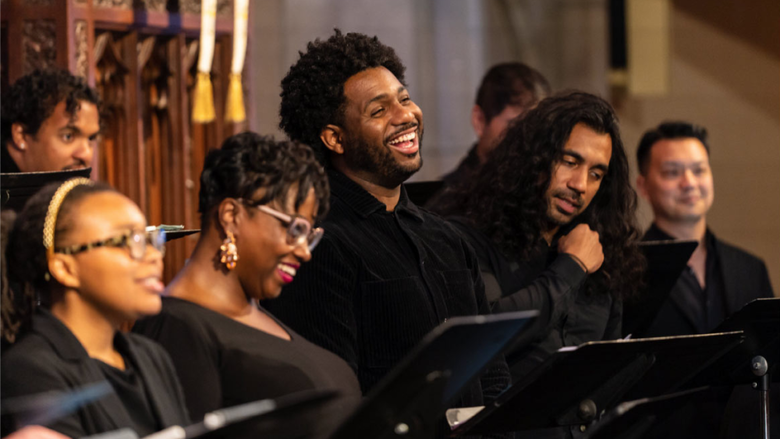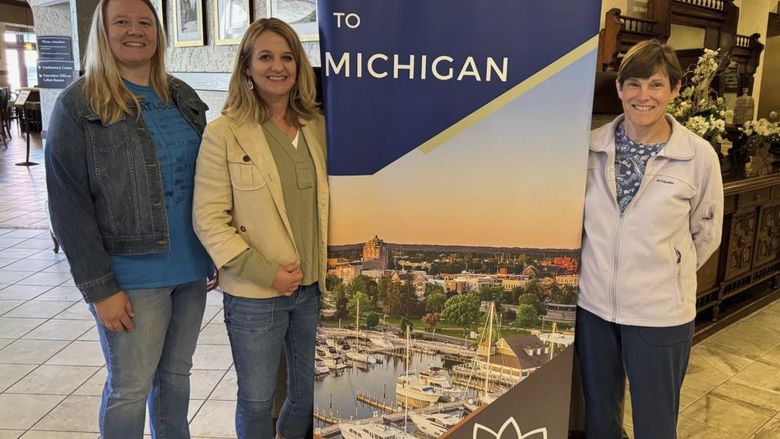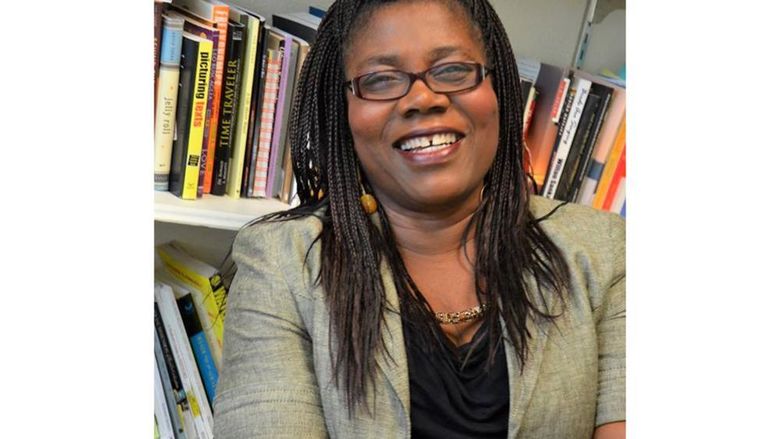LEMONT FURNACE, Pa. — This fall, students in the Ross and Carol Nese College of Nursing at Penn State Fayette, The Eberly Campus have had the opportunity to connect with French undergraduate students through the Experiential Digital Global Engagement (EDGE) program.
Penn State Global’s EDGE program is a project-based teaching and learning approach that links a Penn State classroom with a classroom abroad, promoting the development of intercultural competence through the use of Internet-based tools and innovative online pedagogies.
Valerie Vanderhoff, assistant teaching professor in the Nese College of Nursing, began incorporating an EDGE component in the classroom in 2019. She and Maureen Dunn, assistant teaching professor at Penn State Shenango, are the first faculty to bring this program to Nursing students.
This semester, Fayette students were paired with French undergraduate students at Paris Nanterre University. Over a period of five weeks, the students met virtually to respond to conversational prompts about good health and well-being. The discussions revealed the sometimes surprising ways in which French and American cultures overlap or diverge, said Vanderhoff.
“No matter where you live, good health makes for a good life. But we found that our French counterparts drive less and walk everywhere. Their commutes are longer. Their classes don’t start as early, and relaxation is a higher priority. They have stricter boundaries on work-life balance,” she said.
Students reflect on these conversations through journal entries and will work together to present their findings as a class project at the Fall Learning Fair on Dec. 8.
“The development of EDGE collaborative projects also challenges our faculty to increase their own global awareness while cultivating innovative, student-centered pedagogy to infuse global learning into their courses,” said Tiffany McQuarrie, assistant teaching professor of English at Penn State Beaver. McQuarrie leads the EDGE initiative.
To date, the EDGE program has connected students at 18 Penn State campuses with dozens of partner institutions throughout 19 countries.
“This technology empowers you to be a better student and, I believe, a better person,” said Vanderhoff. “Many of our students are economically disadvantaged; many work full time outside of classes. This opportunity allows them to explore the world without ever leaving Fayette County.”





